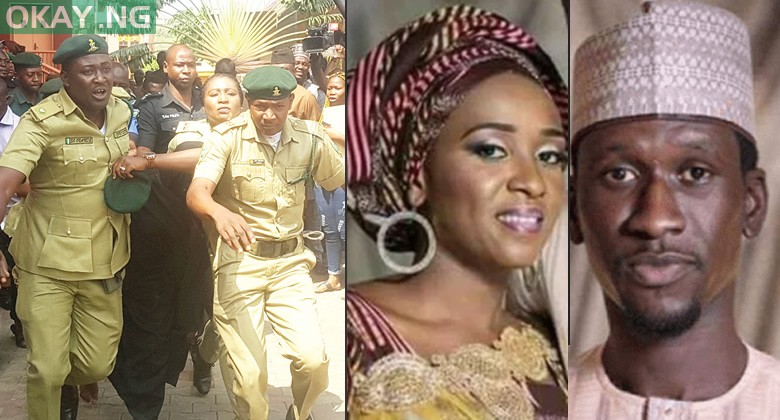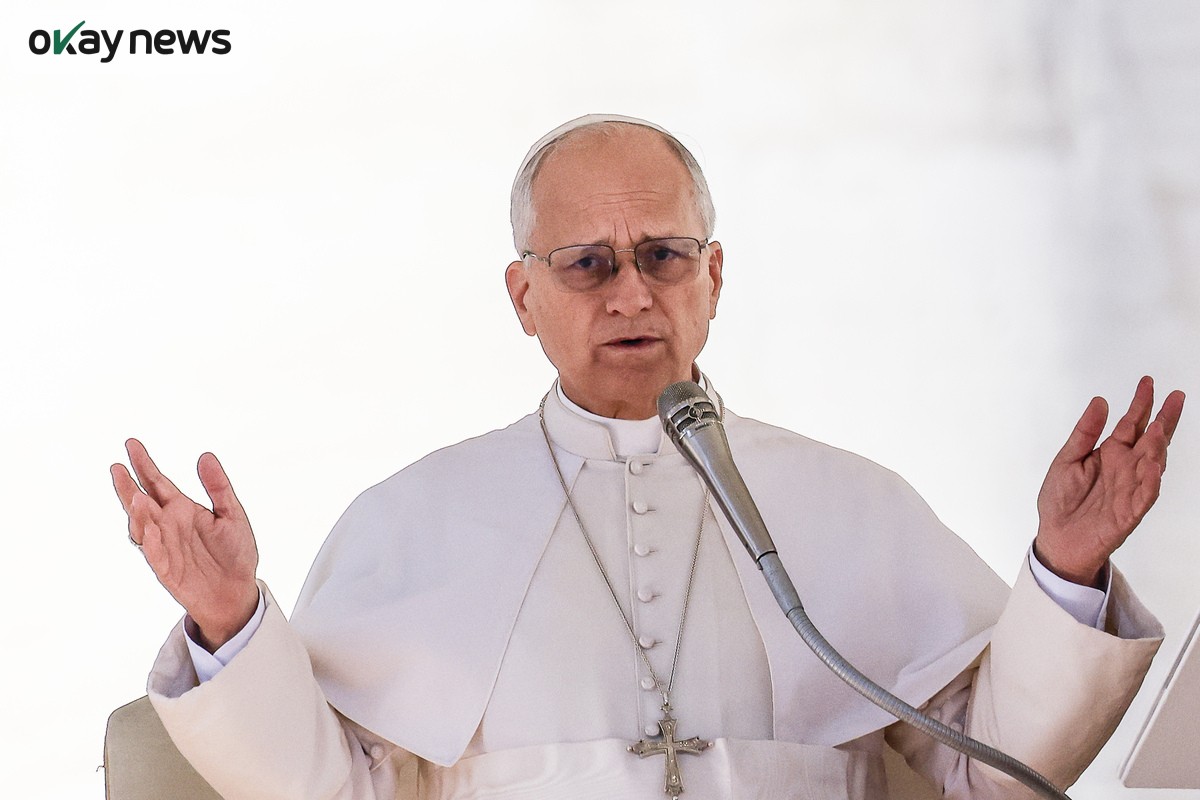President Bola Ahmed Tinubu has granted a presidential pardon to Maryam Sanda, who was sentenced to death in 2020 for the murder of her husband, Bilyaminu Bello, after spending six years and eight months at the Suleja Medium Security Custodial Centre.
The development was confirmed on Saturday in a statement issued by Bayo Onanuga, Special Adviser to the President on Information and Strategy, who said the decision followed recommendations by the Presidential Advisory Committee on the Prerogative of Mercy, chaired by the Attorney-General of the Federation and Minister of Justice, Lateef Fagbemi (SAN).
“Her family pleaded for her release, arguing that it was in the best interest of her two children,” the statement read. “The plea was also anchored on her good conduct in jail, her remorse, and her embracement of a new lifestyle, demonstrating her commitment to being a model prisoner.”
According to the presidency, Sanda’s clemency forms part of one of the largest acts of presidential mercy in recent years, with 175 Nigerians and foreigners benefiting from the exercise, including posthumous pardons for Ken Saro-Wiwa, Major General Mamman Vatsa, and members of the Ogoni Nine.
“This marked one of the most expansive uses of the presidential prerogative of mercy, touching on high-profile historical cases,” the statement added.
Maryam Sanda’s case captured national attention when Justice Yusuf Halilu of the FCT High Court in Abuja sentenced her to death by hanging on January 27, 2020, after finding her guilty of fatally stabbing her husband during a domestic dispute.
“She should reap what she has sown, for it has been said that ‘thou shall not kill,’ and whoever kills in cold blood deserves death as his own reward,” the judge declared at the time.
Her conviction was later upheld by the Court of Appeal, with Justice Stephen Adah affirming that “the circumstances surrounding the death can be the best proof of what is being alleged.”
Police prosecutors had also urged the Supreme Court to sustain the ruling, describing it as a test case for justice in domestic violence-related deaths.
Saturday’s presidential pardon list was structured into six categories — covering individuals granted full pardons, posthumous pardons (including the Ogoni Nine), clemency beneficiaries, inmates with reduced sentences, and those on death row whose sentences were commuted to life imprisonment.
The Presidential Advisory Committee on the Prerogative of Mercy reportedly considered humanitarian, legal, and moral grounds for each recommendation, with an emphasis on rehabilitation, national reconciliation, and justice reform.







